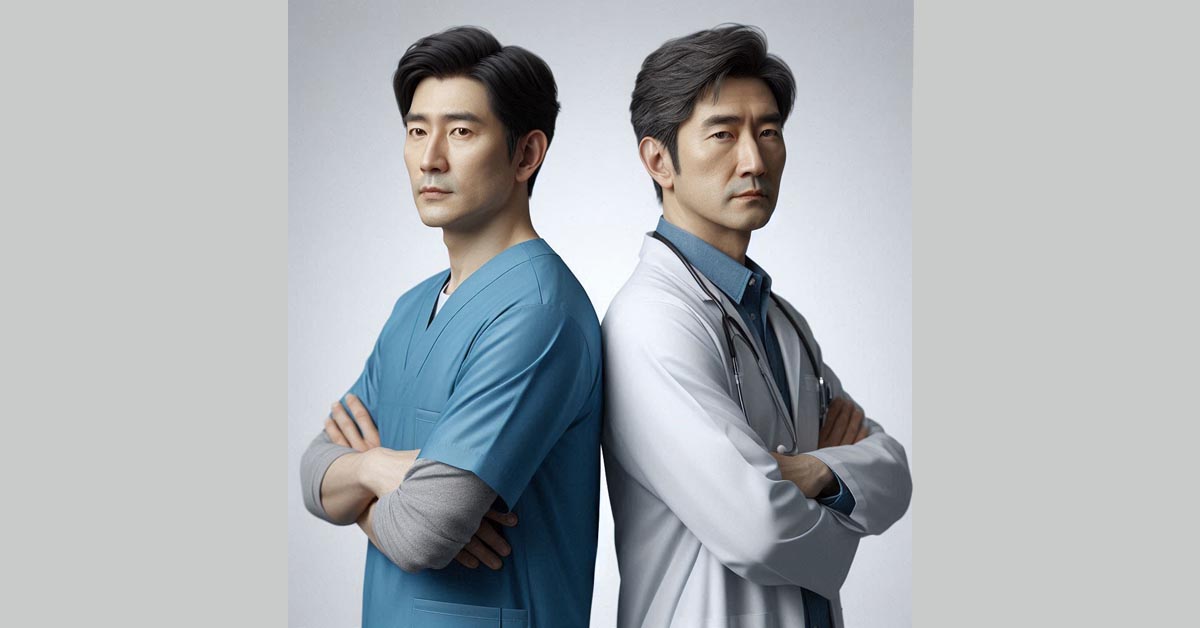Surgeon vs Medical Oncologist – Making the Right Choice
When facing cancer, one of the most important decisions is choosing who should lead your care team. While it’s common to assume a medical oncologist should take the lead, in many cases, a surgeon may be the right first step — especially if surgery is potentially curative.
Medical Oncologist or Surgeon – What’s the Difference?
Both medical oncologists and surgeons treat cancer, but their roles differ:
- Surgeons remove cancerous tumors and tissues through procedures such as open surgery, laparoscopic (keyhole) surgery, or robot-assisted surgery.
Myth: A surgeon’s role involves only surgery. This is not true – when patients see a surgeon with an undiagnosed condition, the surgeon will first perform the necessary tests to confirm the diagnosis, before putting together a care team and a treatment plan for the patient.
- Medical Oncologists use systemic treatments such as chemotherapy, targeted therapy, and immunotherapy. They are typically involved when cancer has spread beyond the original site or requires long-term drug-based care.
When Should You See a Surgeon First?
If you don’t yet have a confirmed cancer diagnosis but are experiencing concerning symptoms, a surgeon may be your first point of contact. They will:
- Order imaging, scopes (e.g. endoscopy), or biopsies
- Confirm the diagnosis and cancer stage
- Determine if the cancer is localised or has spread
- Plan curative surgery if appropriate
Localised cancer is often best treated with surgery — potentially leading to a cure.
When to See a Medical Oncologist
If your cancer is already confirmed and has spread to distant organs (metastasised), a medical oncologist may lead the care plan. They specialise in:
- Systemic therapies like chemotherapy, immunotherapy, and targeted therapy
- Long-term cancer management
- Coordinating palliative care when needed
Exceptions include blood cancers like leukemia or lymphoma, where surgery isn’t part of treatment. In such cases, oncologists typically lead from the start.
Comparison: Surgeon vs Medical Oncologist
| Consideration | Medical Oncologist | Surgeon |
|---|---|---|
| Stage of Cancer | Advanced or metastatic | Localised, early-stage |
| Main Role | Drug-based systemic treatment | Surgical removal of tumour |
| Initial Consultation | Less common unless diagnosis exists | Common first step if undiagnosed |
| Diagnostic Role | Follows diagnosis | Leads initial imaging, biopsies, staging |
| Treatment Scope | Chemotherapy, targeted & immunotherapy | Surgery, post-op coordination |
| Referral Flow | Referred by surgeon post-diagnosis | Refers to oncologist if disease has spread |
| Cancer Types | Blood cancers, metastatic solid tumours | Solid tumours, surgically curable cancers |
| When to Lead | When surgery isn’t suitable or systemic treatment is key | When surgery is likely curative |
So, Who Should Lead Your Cancer Care?
- If your cancer is localised and operable, consider seeing a surgeon first.
- If your cancer has spread or surgery is not possible, a medical oncologist may be best suited to lead your care.
- If you’re unsure or don’t yet have a diagnosis, start with a surgeon to confirm your condition and treatment path.
Need Help Finding the Right Specialist?
Whether you’re looking for a surgeon or a medical oncologist in Singapore or the region, we’re here to help.
Disclaimer: 365Asia aims to provide accurate and up-to-date information, our contents do not constitute medical or any professional advice. If medical advice is required, please consult a licensed healthcare professional. Patient stories are for general reading. They are based on third-party information and have not been independently verified.


